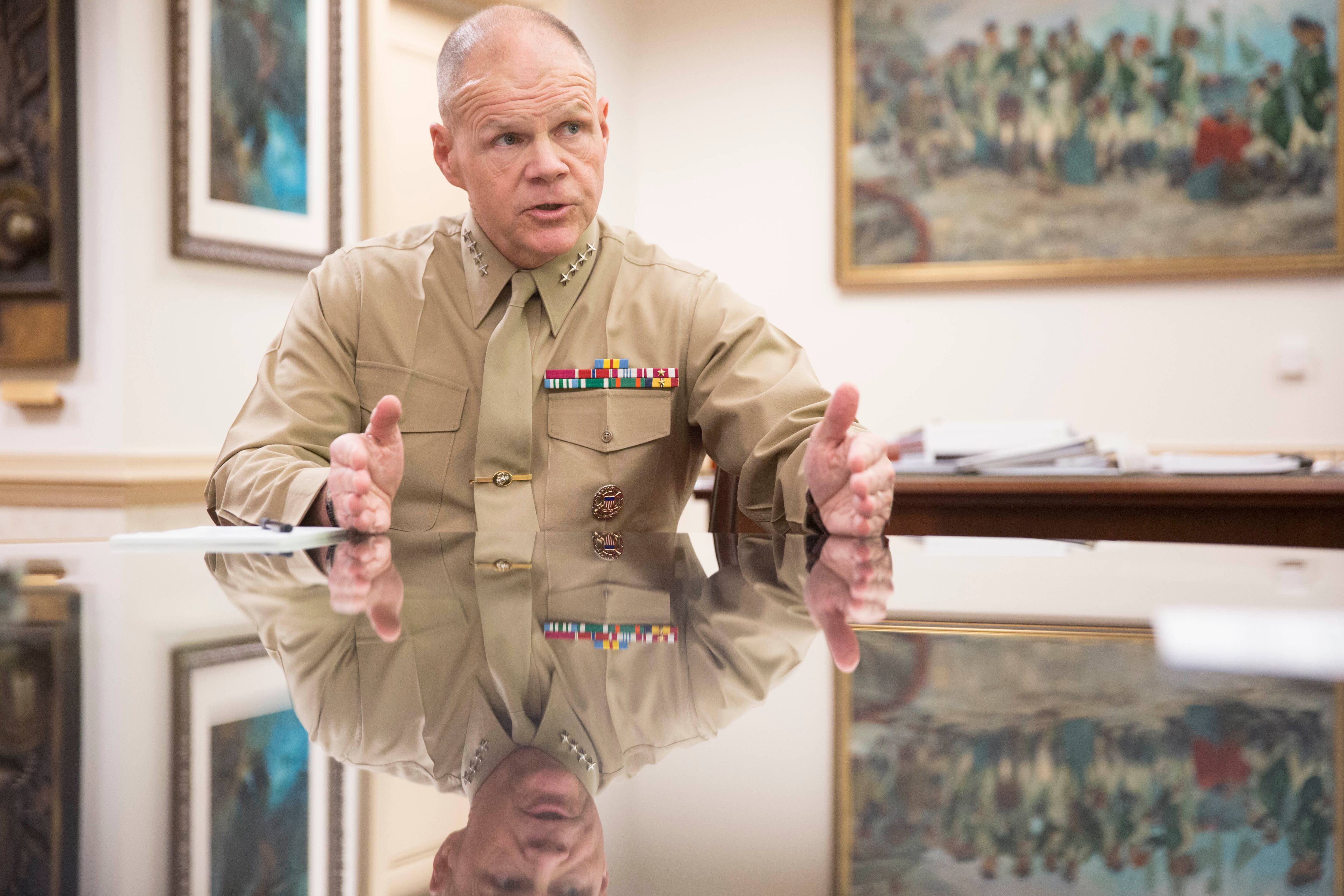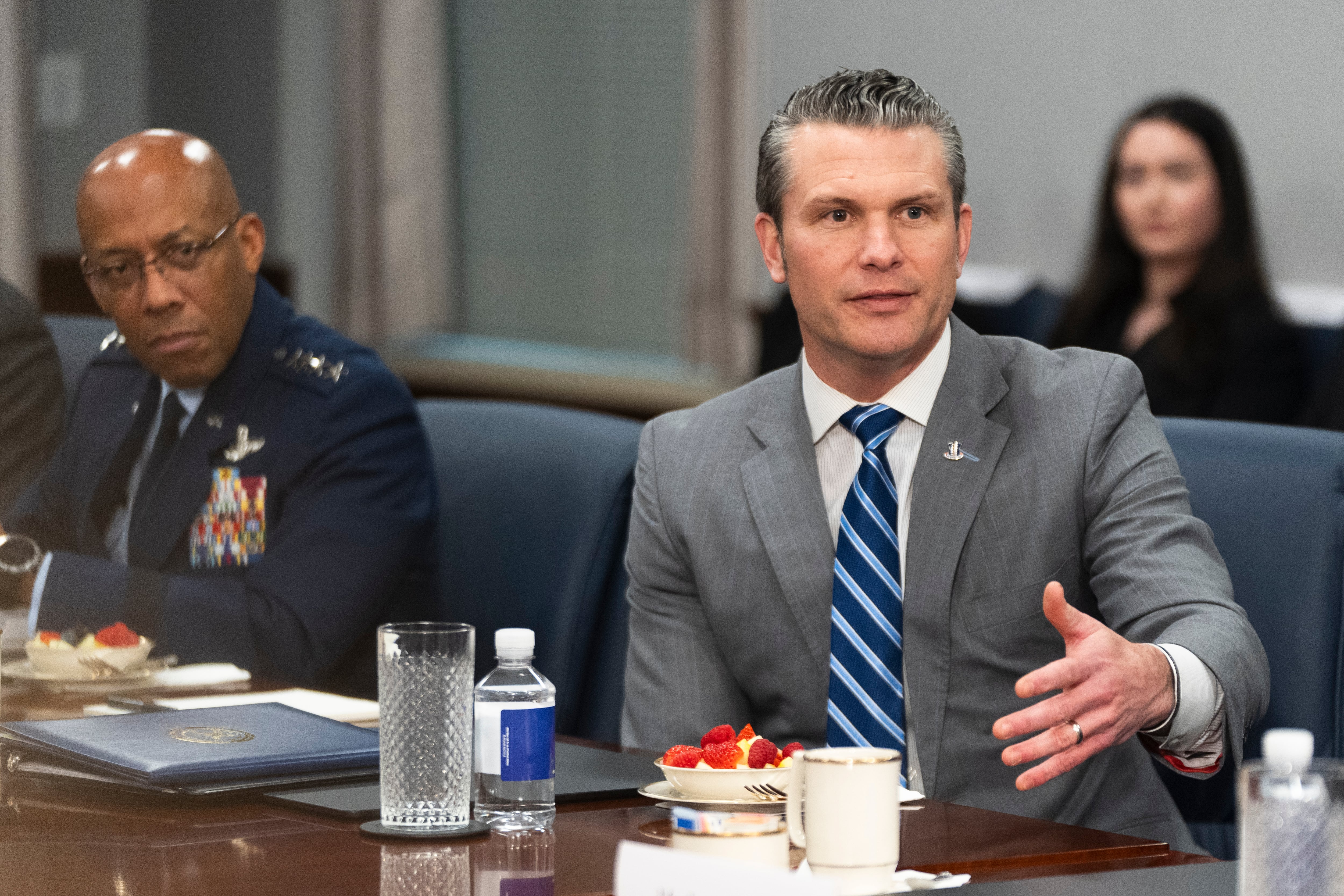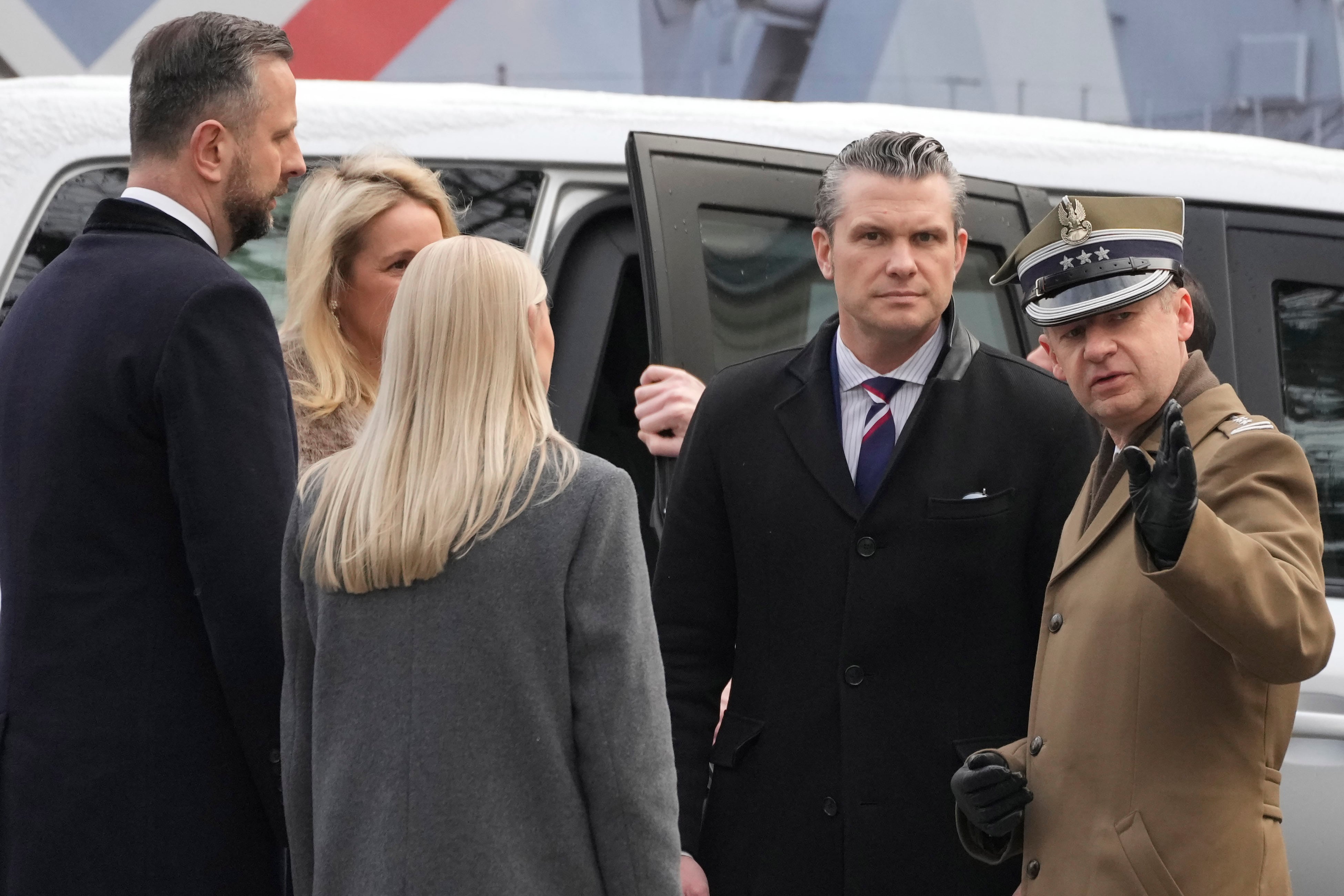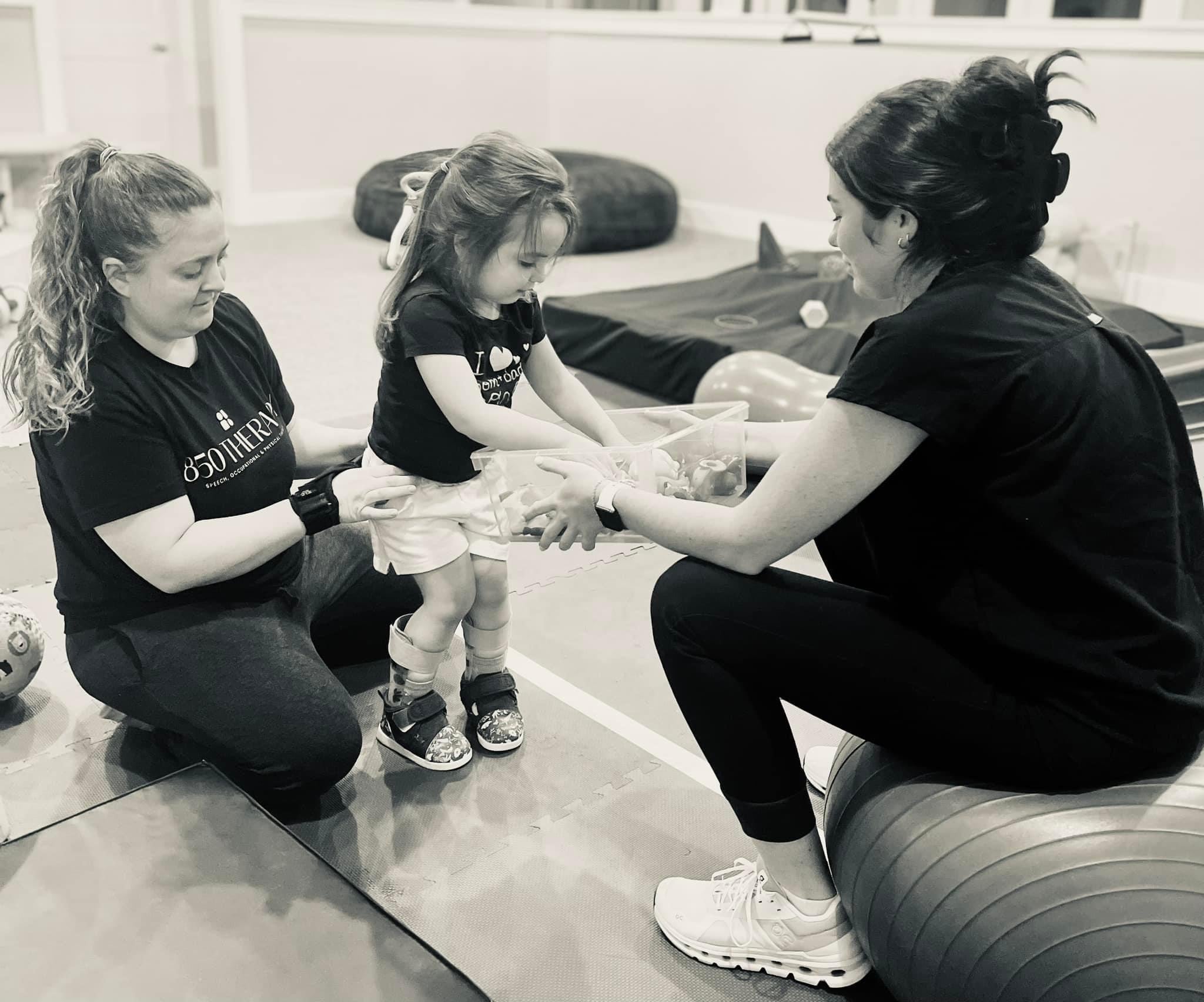The Marine Corps was founded in Philadelphia's Tun Tavern, but Commandant Gen. Robert Neller has a message for Marines who boast that the service was founded in a bar: "You don't have to die in one."
Neller is trying to get Marines to talk about how abusing alcohol can end their careers and lead to other bad outcomes through an initiative called "Protect What You've Earned, which is more of a conversation than a program, he said.
"There's no class; there's no computer program; there's no class roster; there's nothing," Neller said.
Instead, Neller wants the Marines and their families to have a conversation about how alcohol can get in the way of success in their careers and life after the Marine Corps, he said.
"I'm not telling Marines or sailors not to drink," Neller said. "They're grown men and women. I trust them. I'm just suggesting that they talk about this."

Gen. Robert Neller, the 37th Commandant of the Marine Corps, is interviewed in his office at the Pentagon in Arlington, Va., on Wednesday, January 20, 2016.
Photo Credit: Mike Morones/Staff
Having Marines stand in formation while commanders wagging their fingers at them is not the most productive way to get Marines to consider the consequences of alcohol abuse, he said. Rather, Neller wants Marines to think about what they stand to lose.
"You've worked really hard; you've accomplished a lot; you're a United States Marine; your family is proud of you; you've done great stuff; you're going to do great things – do you really want to put that at risk just over a beer?" Neller said.
As part of his planning guidance for the next four years, Neller said the Marine Corps must be at a constant state of readiness; as such, it must aggressively reduce the number of Marines who cannot deploy.
"Part of this effort must address destructive behaviors. Abuse of alcohol, abuse of illegal and prescription drugs, sexual assault, hazing and other high risk behaviors all negatively impact the readiness of the team," Neller wrote. "Initiatives like Protect What You've Earned (PWYE) will be part of this effort."
Marines are logical and mission-oriented, so Neller expects that most of them understand where he is coming from on alcohol, he said. Alcohol is known to facilitate all type of destructive behavior, none of which helps Marines reach their goals.
"We know statistically, when you look at all the things that happen to Marines — whether it's accidents, sexual assault, suicide, illegal drug use, domestic abuse — that alcohol is a significant player in a lot of those," Neller said. "My hypothesis is: If I can get Marines to be more responsible with alcohol then these other things will go down."
The issue of alcohol abuse is not unique to the Marine Corps, he said.
"I think society has a problem with alcohol because I don't think they respect the drug," Neller said. "It's a habit, like anything else."
Neller said he understands that everyone makes his or her own decisions when it comes to alcohol.
"I'm not preaching," he said. "I'm just having a conversation like I would with anybody that I care about. That's all."
Neller was motivated to try to curb excessive drinking in the Marine Corps after learning of the November 2014 death of a Marine 1st Lt. Matthew Davis, who was allegedly killed by a drunk driver who was a fellow Marine.
"The death of Lieutenant Davis, it's just such a tragic, sad story," he said. "I can't be a bystander anymore on the alcohol thing."
Jeff Schogol covers Marine Corps leadership, gender integration, aviation, and Pacific-based Marines for Marine Corps Times. He can be reached at jschogol@marinecorpstimes.com.





